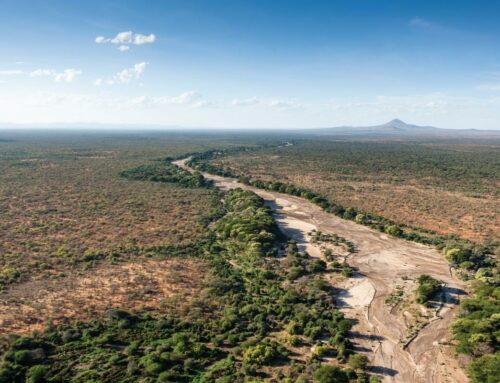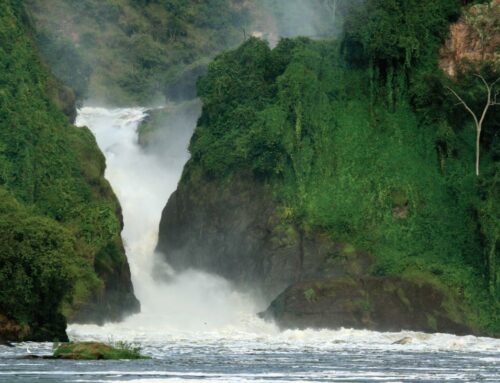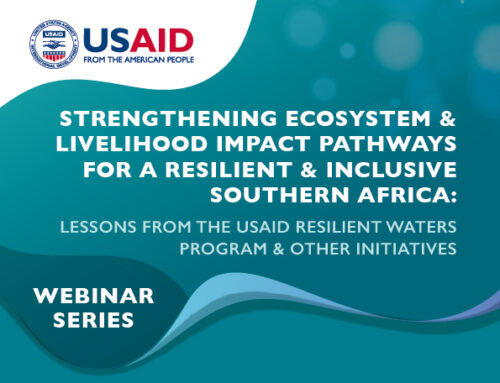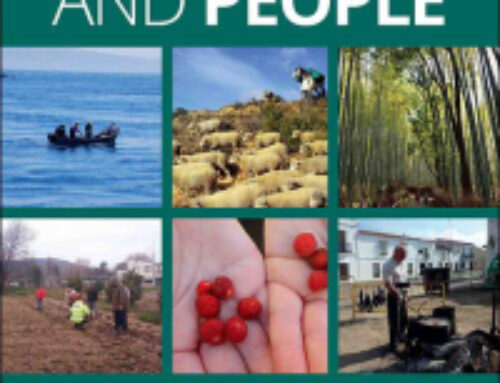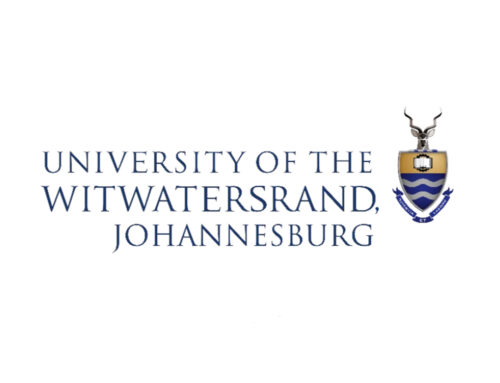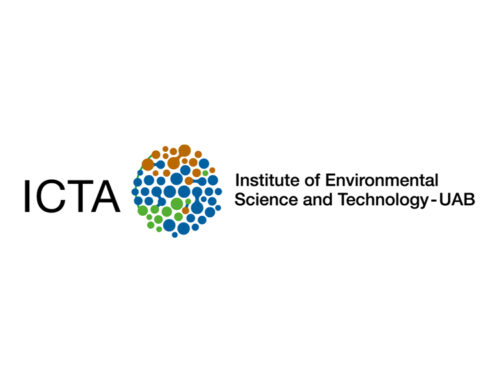Two-year fellowship available immediately to work with an interdisciplinary team to evaluate the impacts of marine conservation interventions, focusing on analyzing monitoring data for marine protected areas. Fellow will be in residence at the National Socio-Environmental Synthesis Center (SESYNC) facilities at the University of Maryland in Annapolis, MD, and will also spend significant time at WWF-US offices in Washington, D.C. For earliest consideration, apply by October 20, 2013.
The Luc Hoffmann Institute, based at WWF International, Switzerland, in partnership with the National Social-Environmental Synthesis Center (SESYNC), seeks a postdoctoral fellow to work with an interdisciplinary Pursuit/Collaborative Research Team (CRT) to evaluate the impacts of marine conservation interventions by synthesizing and analyzing monitoring data for marine protected areas (MPAs). The goal of the fellowship is to demonstrate an interdisciplinary approach to monitoring MPAS, evaluating impacts, and analyzing data that builds upon established MPA monitoring protocols and questions, which inform decisions through assessment and modeling of ecosystem services, including fisheries, tourism, etc.
This is a 24-month position that can begin as early as November 1, 2013. It is based at the University of Maryland’s SESYNC offices in Annapolis, MD, with mentor(s) to be identified from the Pursuit / CRT participants. The fellow will be a full participant in SESYNC’s postdoctoral mentoring program and interact with a large group of current postdocs at the Center, and be a full participant in the Luc Hoffmann Institute’s Fellowship programme, and will thus be co-mentored by a conservation specialist at the WWF-US offices in Washington, D.C., and will spend time working collaboratively with other Luc Hoffmann Institute Fellows.
Major Duties & Responsibilities
In collaboration with the mentoring team, the fellow will:
1. Assume leadership for the day-to-day management of the SESYNC and Luc Hoffmann Institute Pursuit/CRT partnerships and results delivery.
2. Develop and refine conceptual models and analytic approaches, and implement practical methods for documenting and explaining variation in the social and biological impacts of conservation interventions (initially focusing on existing MPA monitoring datasets, as well as relevant global data).
3. Develop, test, and analyze databases, building off ideas from workshop(s), judicious consolidation, and synthesis of large, potentially incomplete secondary datasets.
4. Analyze data and synthesize results from the above, using Geographic Information Systems (GIS) as warranted, in order to document conservation impacts and to explore relationships among MPA governance, as well as social and ecological context and conservation impacts.
5. Explore ways to incentivize data sharing to increase the statistical power of that data and to facilitate collaboration, including the possibility of a publicly available database and data management system that would aid practitioners and agencies in producing reports and other outputs.
6. Document ongoing results, key findings, short and long term goals of the project. Work with the communication managers of SESYNC and the Luc Hoffmann Institute on how best to communicate results from the above and other related work for target audiences, peer-reviewed publications and other relevant communication products and outlets
7. Participate in other activities at SESYNC and the Luc Hoffmann Institute, through their fellowship programmes and other opportunities, to foster intellectual exchange on the dynamics of socio-environmental systems.
Required Qualifications, Skills, & Competencies
• PhD in the natural, environmental, or social sciences, or related discipline
• An interest in, commitment to, and proven ability to using data-driven, quantitative approaches to solving real-world conservation problems
• Strong research and writing skills
• Excellent command of English; other languages an asset
• Ability to work both independently and in a team
Strongly Preferred
- Competence in R, Matlab, or other programming environments.
- Experience in statistics, modelling, and GIS.
- Experience with relational database design, construction, management, and/or analysis.
- Experience working with large, incomplete (i.e., with missing data), and/or heterogeneous datasets.
- Adheres to WWF’s values, which are: Knowledgeable, Optimistic, Determined and Engaging.
Eligibility
This fellow opportunity is open to candidates of all nationalities, gender and age. We are specifically interested in hearing from those who have deep roots in the regions of the globe where conservation-science leadership is most needed, such as Africa and Madagascar, the Asia-Pacific region, Latin America and the Caribbean. Regardless of background, we are looking for highly skilled, interdisciplinary, action oriented candidates.For more information on the research associated with this position, visit www.sesync.org/mpa-performance.
Support
The SESYNC postdoctoral fellowship provides an annual stipend, full University of Maryland employee benefits, and a small annual travel allowance to attend meetings or to meet with collaborators.
For more information on SESYNC, visit www.SESYNC.org.
TO APPLY: Preference will be given to applications received by October 20, 2103. Please submit cover letter, CV, and two professional references to: Sandrine Jimenez, Assistant to the Director, Luc Hoffmann Institute: sjimenez@wwfint.org.
The Luc Hoffmann Institute Mission
The Luc Hoffmann Institute was created by WWF, the world’s largest conservation organization, to respond to the most important questions facing conservation and sustainable development. A boundary organization by design, the Luc Hoffmann Institute connects research capacity and multi-disciplinary thought leaders from around the world with WWF’s global network of practitioners and scientists. Together, we synthesize existing knowledge, create new ideas and support collaborative innovation. In co-creating evidence-based solutions, we link the best available science to better policy planning and more effective field practices, to enable people and nature to thrive together on a living planet.
The University of Maryland is an Equal Opportunity Employer
Minorities and Women Are Encouraged to Apply







